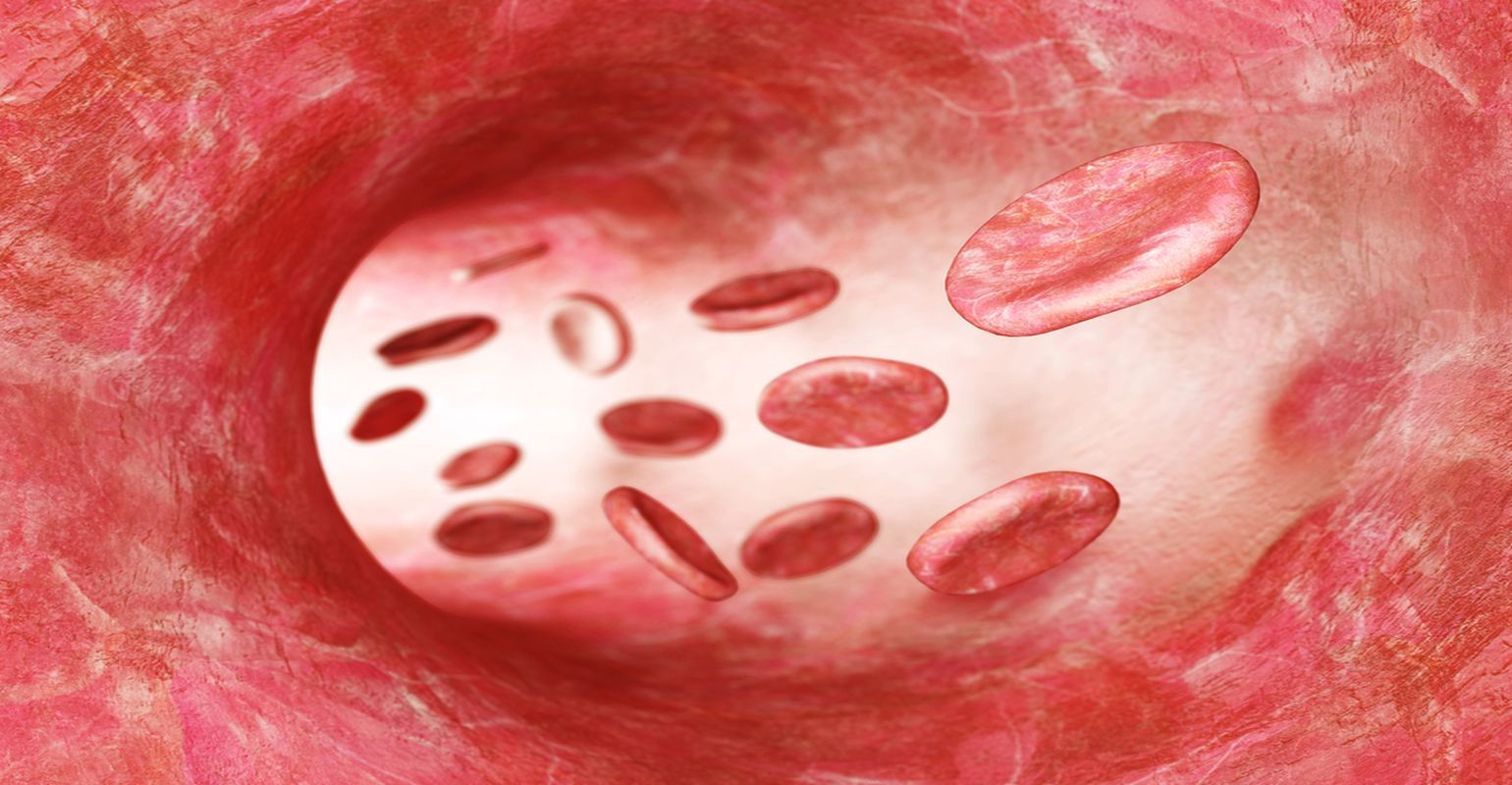Induction and consolidation with daratumumab (Darzalex), lenalidomide (Revlimid), and carfilzomib (Kyprolis) plus dexamethasone (Dara-KRd) followed by daratumumab/lenalidomide maintenance exhibited prolonged progression-free survival (PFS) in patients with newly diagnosed multiple myeloma according to findings from the phase 2 trial IFM 2018-04 (NCT03606577) presented at the
Efficacy data revealed that among patients treated with the Dara-KRd regimen (n = 50), after a median follow-up of 49 months, the median PFS was not reached (NR), with a 4-year PFS rate of 72% (95% CI, 61%-86%). Additionally, the median OS was NR, with a 4-year OS rate of 81% (95% CI, 70%-93%). Furthermore, investigators found no PFS difference according to post-induction minimal residual disease (MRD) status (P = .77).
“Dara-KRd induction/consolidation with tandem transplant and [daratumumab-lenalidomide] maintenance continues to demonstrate high [PFS] in patients with high-risk [newly diagnosed multiple myeloma],” Bénédicte Piron, MD, resident of the Department of Hematology of the University Hospital of Nantes, France, wrote in the presentation with study coinvestigators.1 “At a median follow-up of 49 months, the median PFS [was] not reached.”
Adult patients with high-risk multiple myeloma, defined as having the presence of del17p, t(4;14), and/or t(14;16) mutations, were included in the study. A total of 50 patients received induction Dara-KRd for 6 cycles. Following induction, 42 patients had received autologous stem cell transplantation (ASCT) followed by consolidation Dara-KRd for 4 cycles.
Following consolidation, 36 patients received a second ASCT and underwent daratumumab/lenalidomide maintenance for a maximum of 2 years. A total of 30 patients had completed maintenance with daratumumab/lenalidomide, with 8 patients exiting the study due to stem-cell collection, 7 due to disease progression, 4 due to adverse effects (AEs), and 1 patient withdrew from the trial.
Those enrolled on the study had a median age of 57 years (range, 38-65). Most patients had an ECOG performance status of 0 to 1 (94%), stage I disease (42%), and Revised International Staging System (R-ISS) stage II disease (76%), and t(4;14) mutations (52%). Furthermore, 9.3% of those treated had extramedullary disease, 6% had primary plasma cell leukemia, 12% had del1p, and 60% had 2 or more high-risk cytogenetic abnormalities.
The primary end point of the study was the feasibility of the Dara-KRd regimen. Secondary end points included AEs, response rate, MRD rate, OS, PFS, duration of response, and biological prognostic factors.2
The most common treatment-related AEs (TRAEs) observed in the maintenance portion of the trial (n = 36) included infections (86%), diarrhea (58%), asthenia (30%), peripheral neuropathy (19%), and neutropenia (19%). The most common grade 3/4 TRAEs included infection (16%) and neutropenia (14%). At least 1 lenalidomide dose reduction occurred in 58% of patients in the maintenance phase, with a single grade 5 instance of human polyomavirus 2-related encephalopathy observed in the study.
The study investigators initiated this study to improve transplant eligible newly diagnosed multiple myeloma high-risk cytogenetic multiple myeloma, which is historically associated with poor outcomes. In the
References
- Piron B, Perrot A, Hulin C, et al. daratumumab (dara) lenalidomide (R) maintenance following d-carfilzomib(K)R dexamethasone with tandem transplant in high-risk newly diagnosed myeloma patients: update of the phase 2 study IFM 2018-04. Presented at the 22nd Annual International Myeloma Society Meeting and Exposition; September 17-20, 2025; Toronto, Canada. Abstract PA-424.
- An intensive program with quadruplet induction and consolidation plus tandem autologous stem cell transplantation in newly diagnosed high risk multiple myeloma patients (IFM 2018-04). ClinicalTrials.gov. Updated April 28, 2021. Accessed September 22, 2025. https://tinyurl.com/4enzafme
- Leypoldt LB, Ginde VR, Besemer B, et al. Insights from cytogenetic subgroup analyses in the GMMG-CONCEPT trial with Isa-KRd in high-risk newly diagnosed multiple myeloma. Presented at the 22nd Annual International Myeloma Society Meeting and Exposition; September 17-20, 2025; Toronto, Canada. Abstract OA-49.
